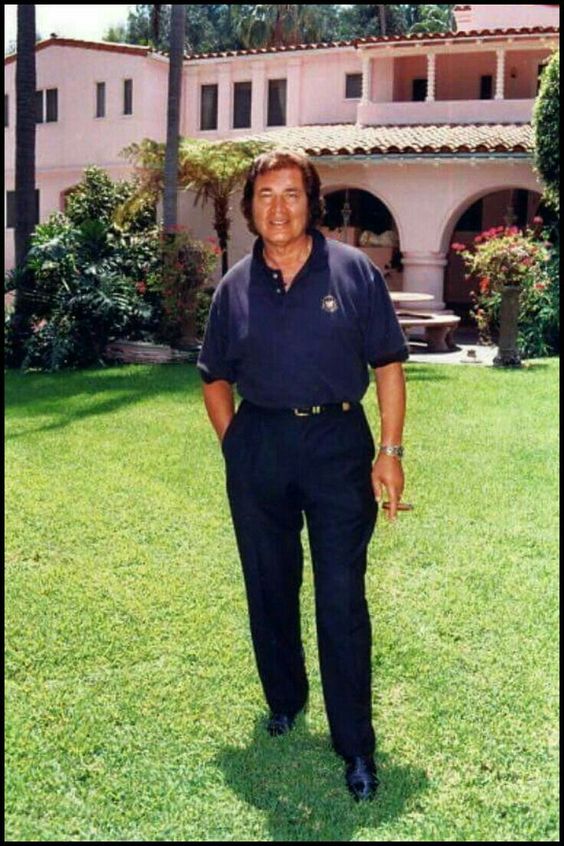Engelbert Humperdinck’s name evokes images of romance and timeless melodies, but his song “A Man Without Love” captures a special kind of heartbreak that refuses to fade. Released in the late 1960s, during a time of musical revolution, this haunting ballad and its parent album continue to resonate deeply with listeners, especially those who remember a quieter, more emotive era of pop music.
The album titled “A Man Without Love” firmly established Humperdinck as a star who could deliver powerful emotions wrapped in a luxurious bosom of orchestral sound. It was a bold statement amidst the rock-driven and psychedelic sounds dominating the charts. This album was rich with classically inspired arrangements that were modern enough to appeal widely, striking a delicate balance that few artists in that period managed. Hits such as “Quando Quando Quando” and “Les Bicyclettes de Belsize” accompanied the title track, each song a testament to refined production and heartfelt performance.
The song itself, adapted from an Italian original, pulls you in with its lush strings. Violins and cellos dance with a poignant ache, elaborating on a narrative of longing and loss. Guitar and piano provide a subtle but firm foundation—guitar gently underscores the verses while the piano’s wistful keys open the path to melancholy. Added percussion and occasional brass lend an understated drama, swelling especially at the emotional peaks of the song.
Humperdinck’s voice, that signature baritone with its vibrato and expressiveness, stands as an instrument of its own. His delivery conveys the loneliness and despair in a way that mere words could never capture, turning “A Man Without Love” from a standard pop tune into an unforgettable emotional journey.
“Listening to Engelbert’s voice is like opening an old letter from a lost love — it’s full of raw feeling and makes you remember what it is to long,” says Mary Caldwell, a longtime fan and music historian based in Nashville.
At the heart, the song is about feeling incomplete without love, a sentiment universally understood. Lines such as “I can’t face this world that’s fallen down on me” echo with a clarity and emotional punch that reach beyond generations. The orchestration matches the intensity perfectly, making the song not just something to hear but something to feel deeply.
The endurance of this song is remarkable. Despite the shift in musical styles over the decades, “A Man Without Love” keeps finding its way into new media, from popular TV shows to modern covers. It thrives because it speaks universal truths about the human heart.
Professor Jonathan Wells, a musicologist at the University of Cambridge, highlights, “The song’s sophisticated arrangement and authentic emotion help it transcend time. It’s a bridge between classical crooning and modern pop sensibilities that few songs can claim.”
For those captivated by its melancholic beauty, several songs share its emotional weight: Elvis Presley’s “Can’t Help Falling in Love,” The Righteous Brothers’ “Unchained Melody,” and Sinatra’s “Strangers in the Night” come to mind. Even another Engelbert hit, “The Last Waltz,” captures a similarly wistful romanticism.
This lasting connection to listeners, particularly older adults who lived through the golden age of crooners, is a testament to the song’s universal appeal. It is more than a simple melody; it is a vessel of memory, loss, and tender sentiment, enveloped in magnificent sound.
No matter if you’ve encountered “A Man Without Love” before or are discovering it anew, it offers a solemn reminder: love—and its absence—remain the most profound human experiences, expressed in music that stands the test of time.
